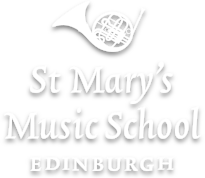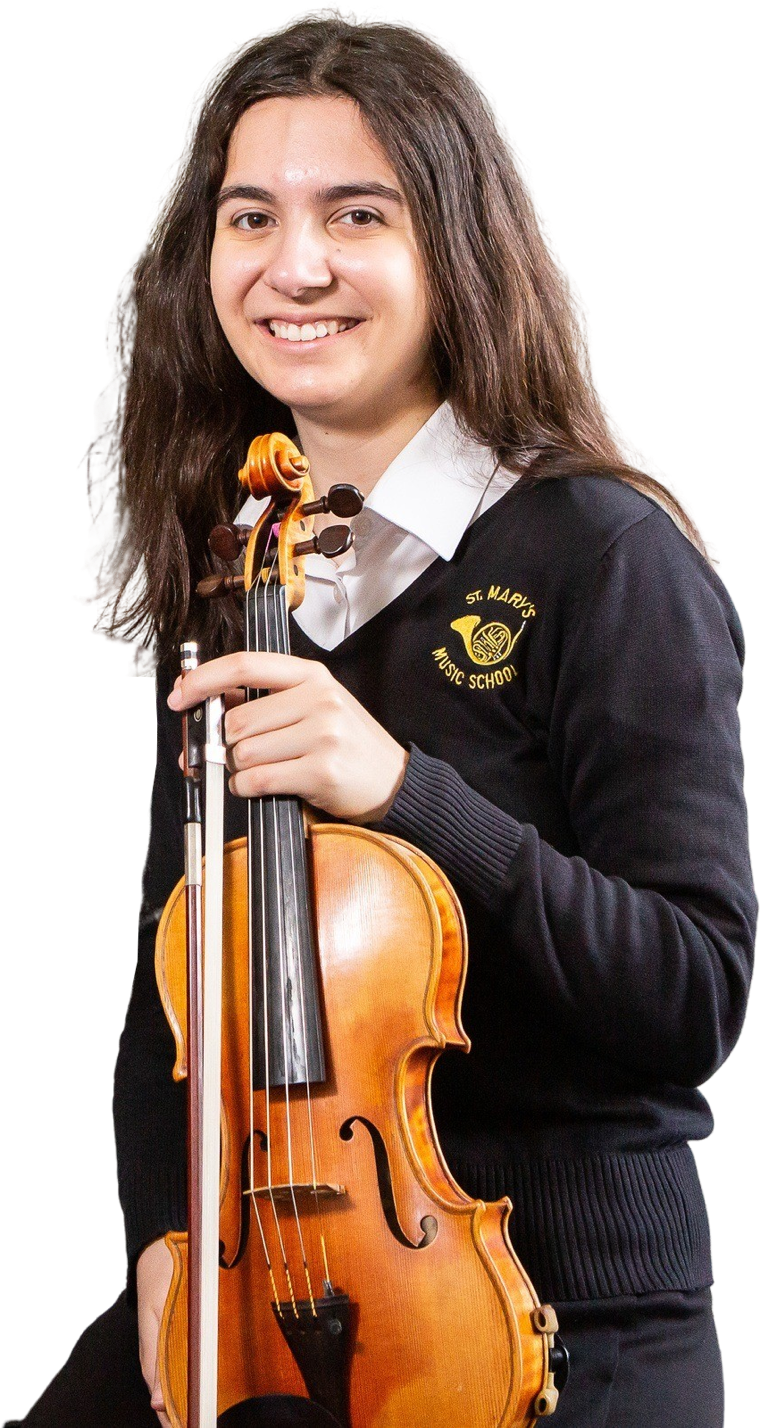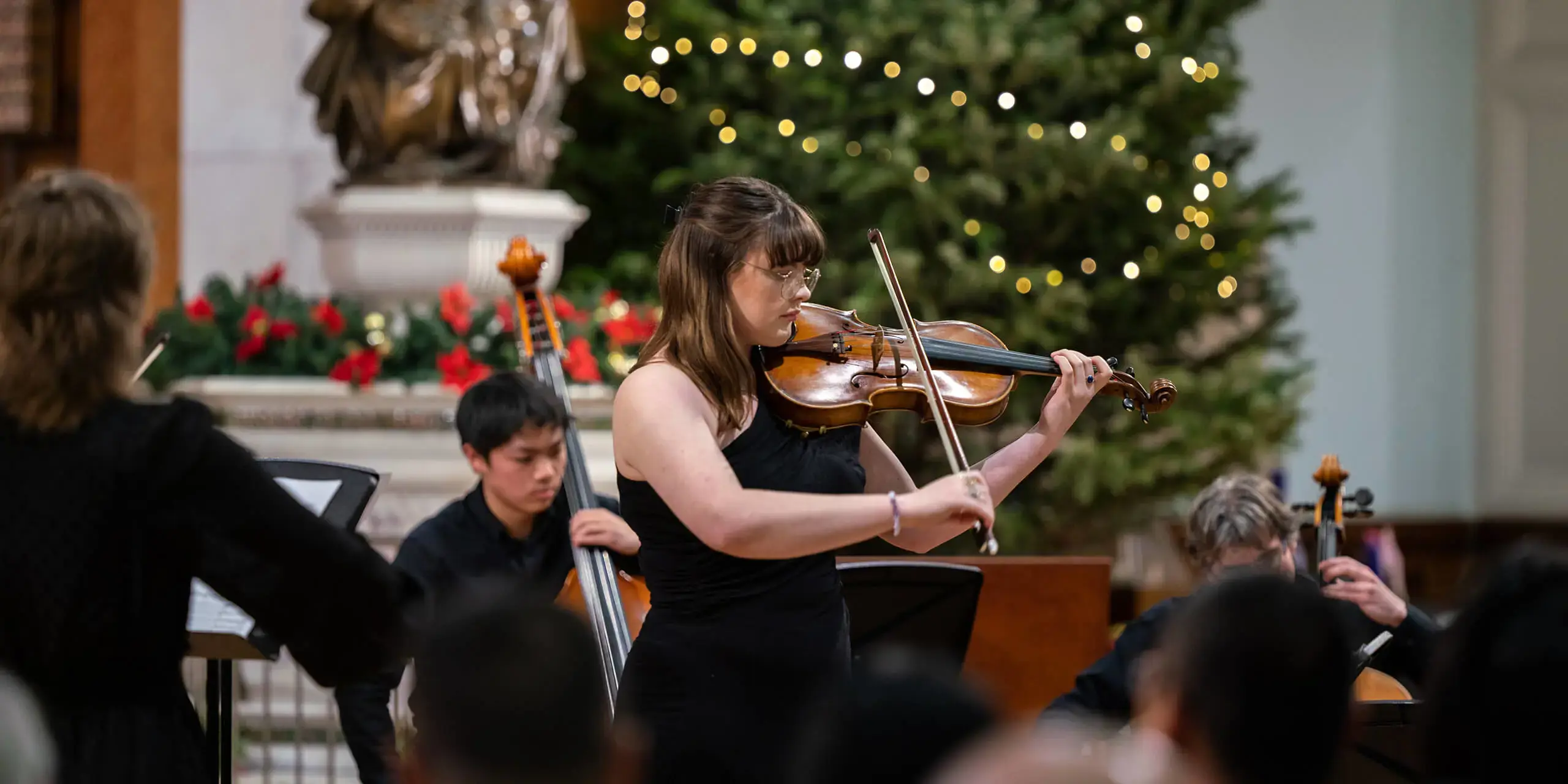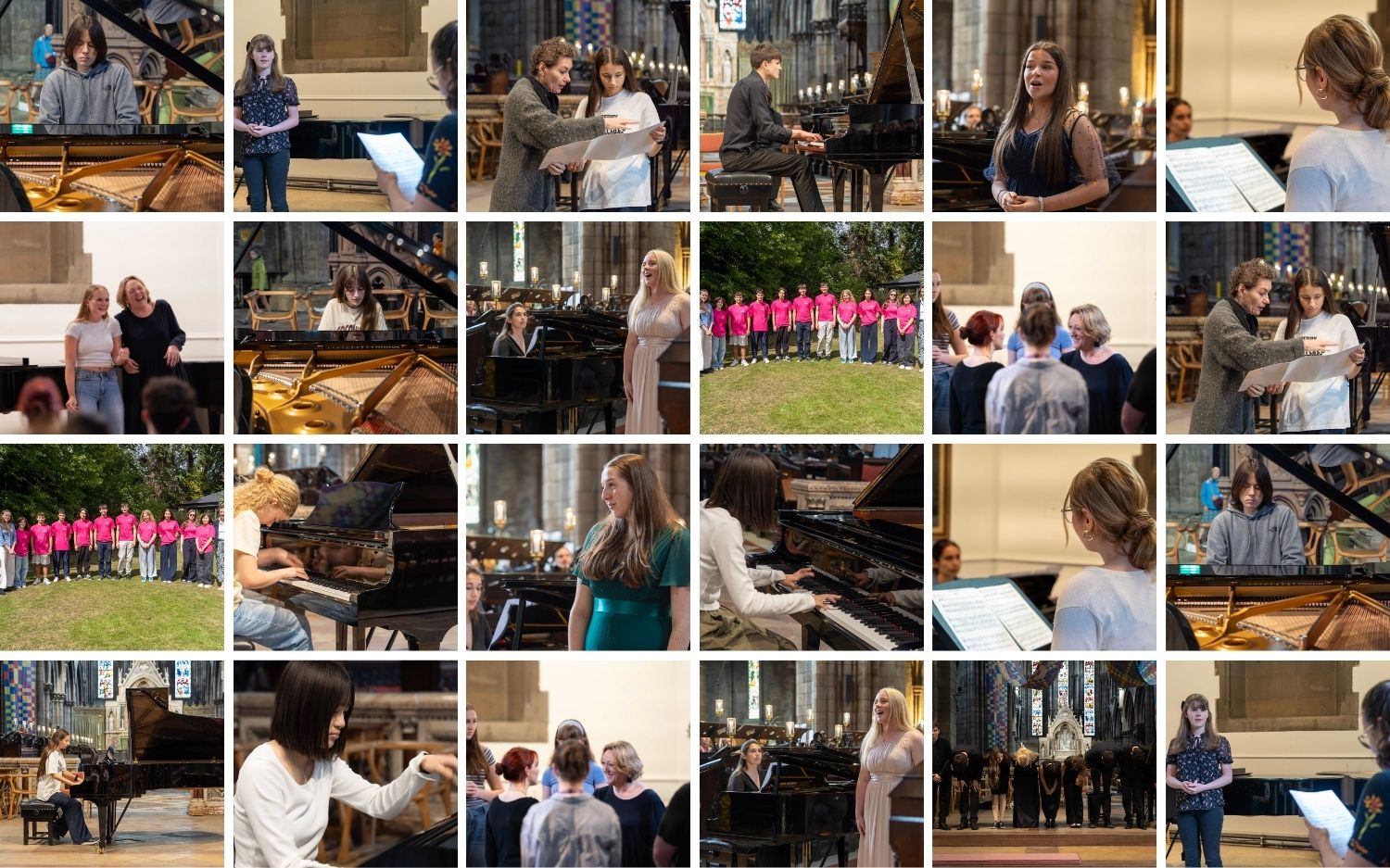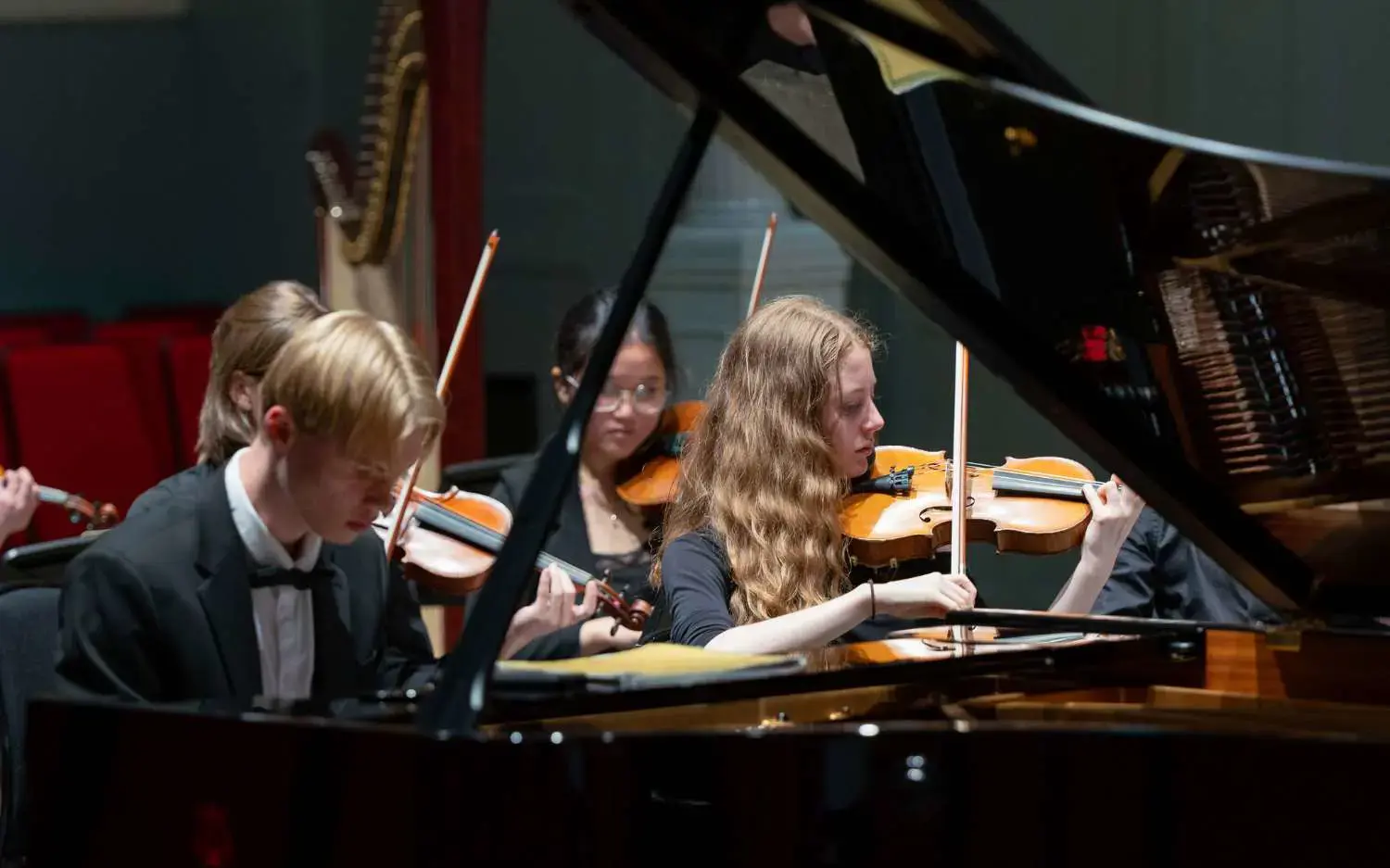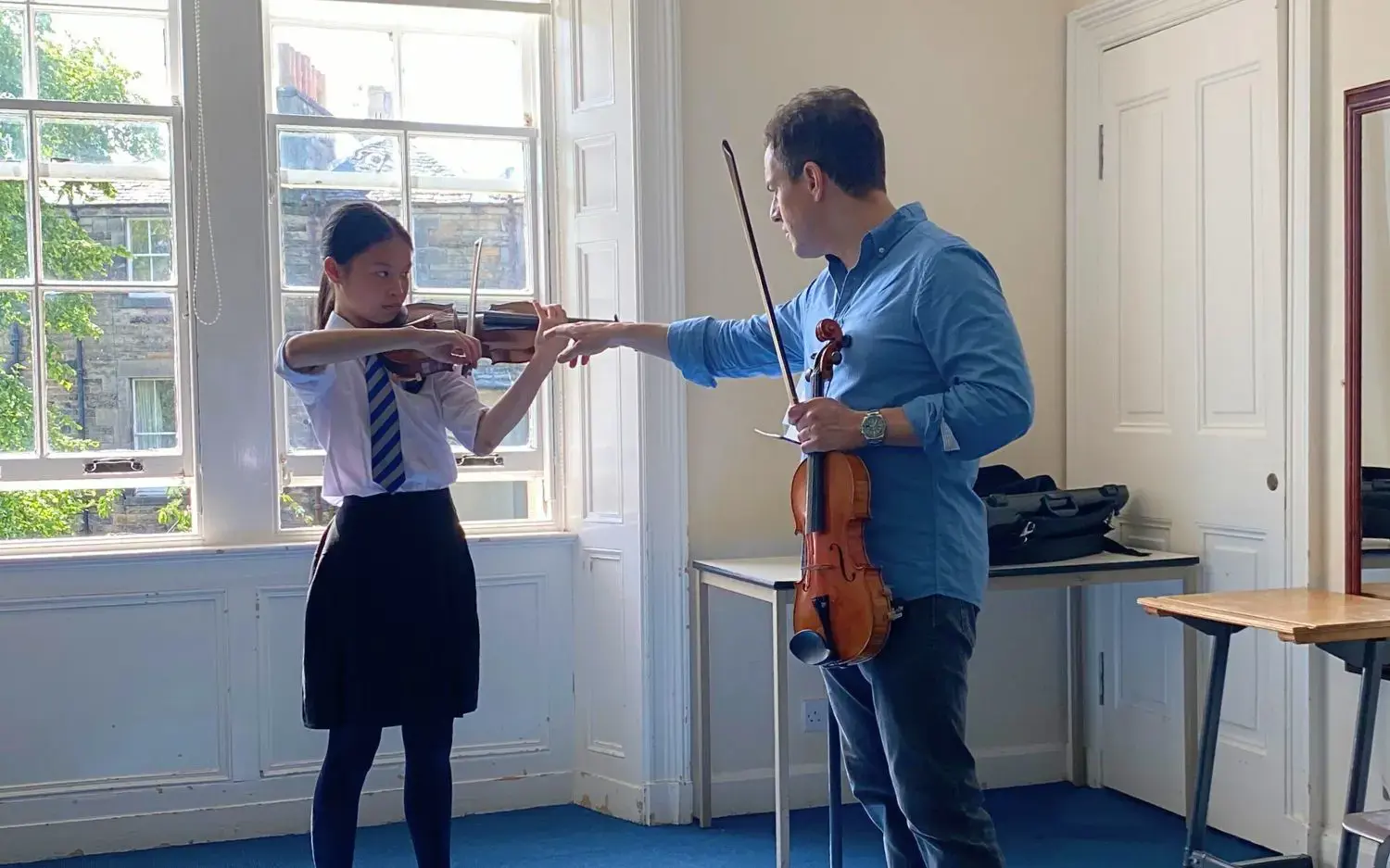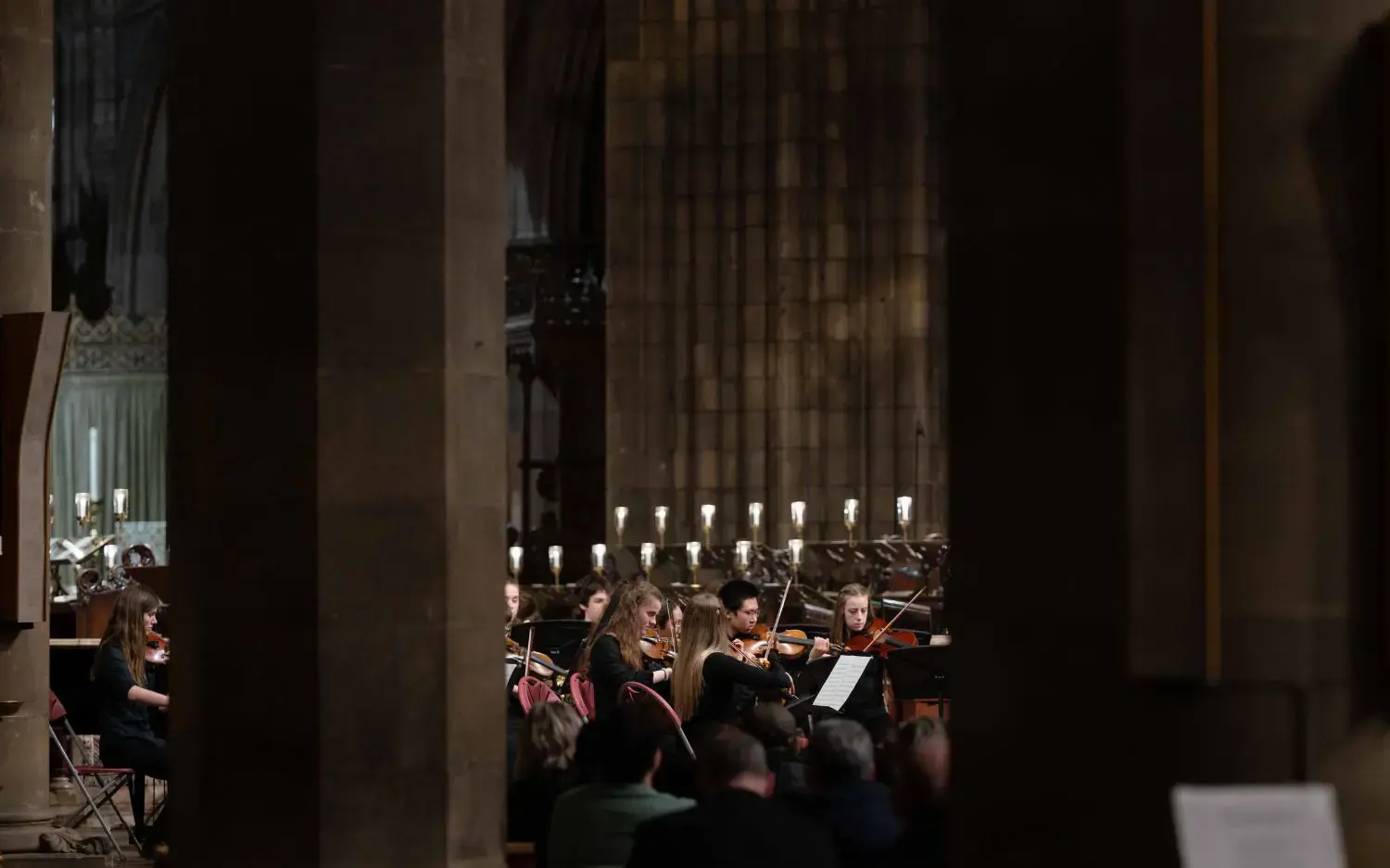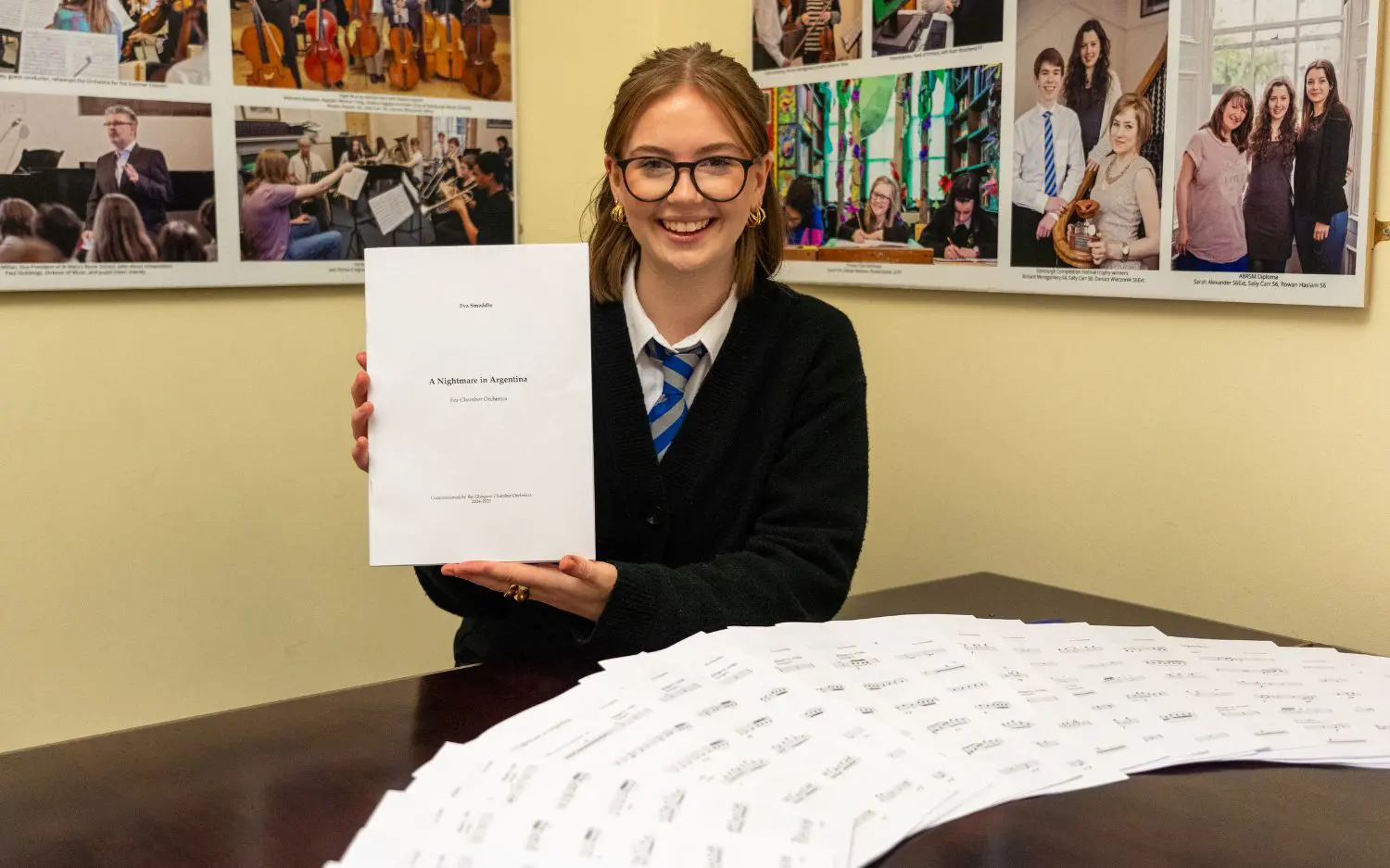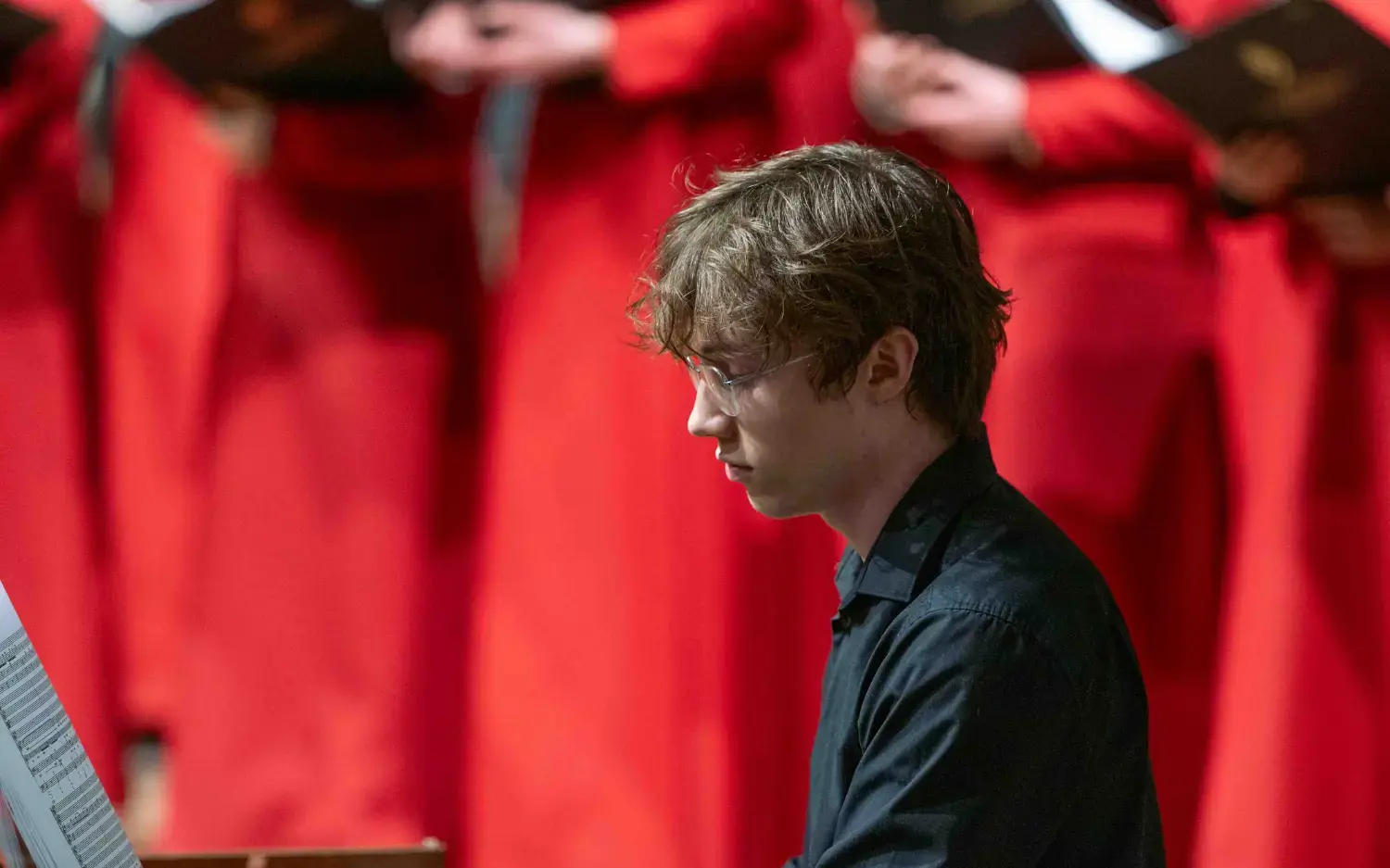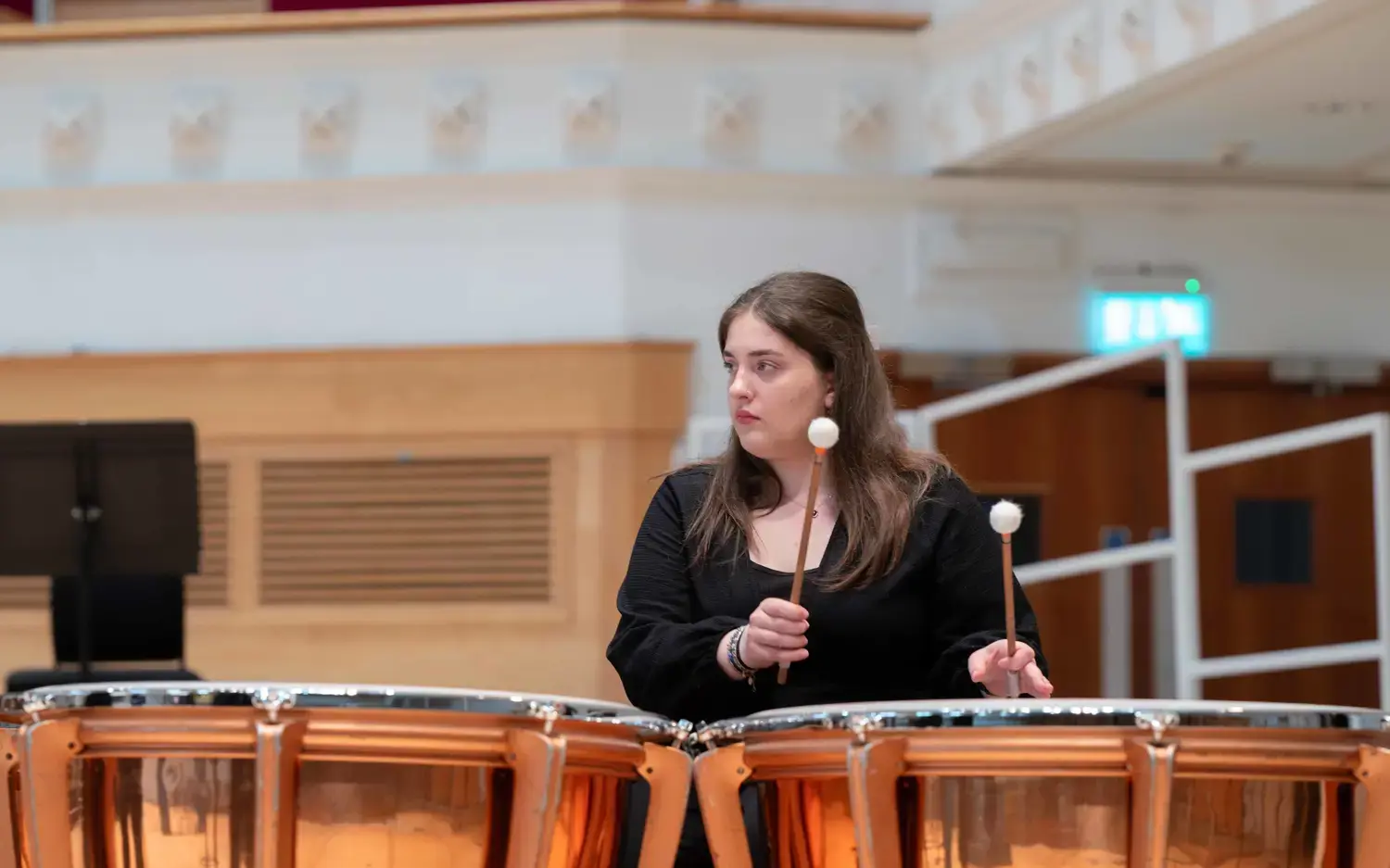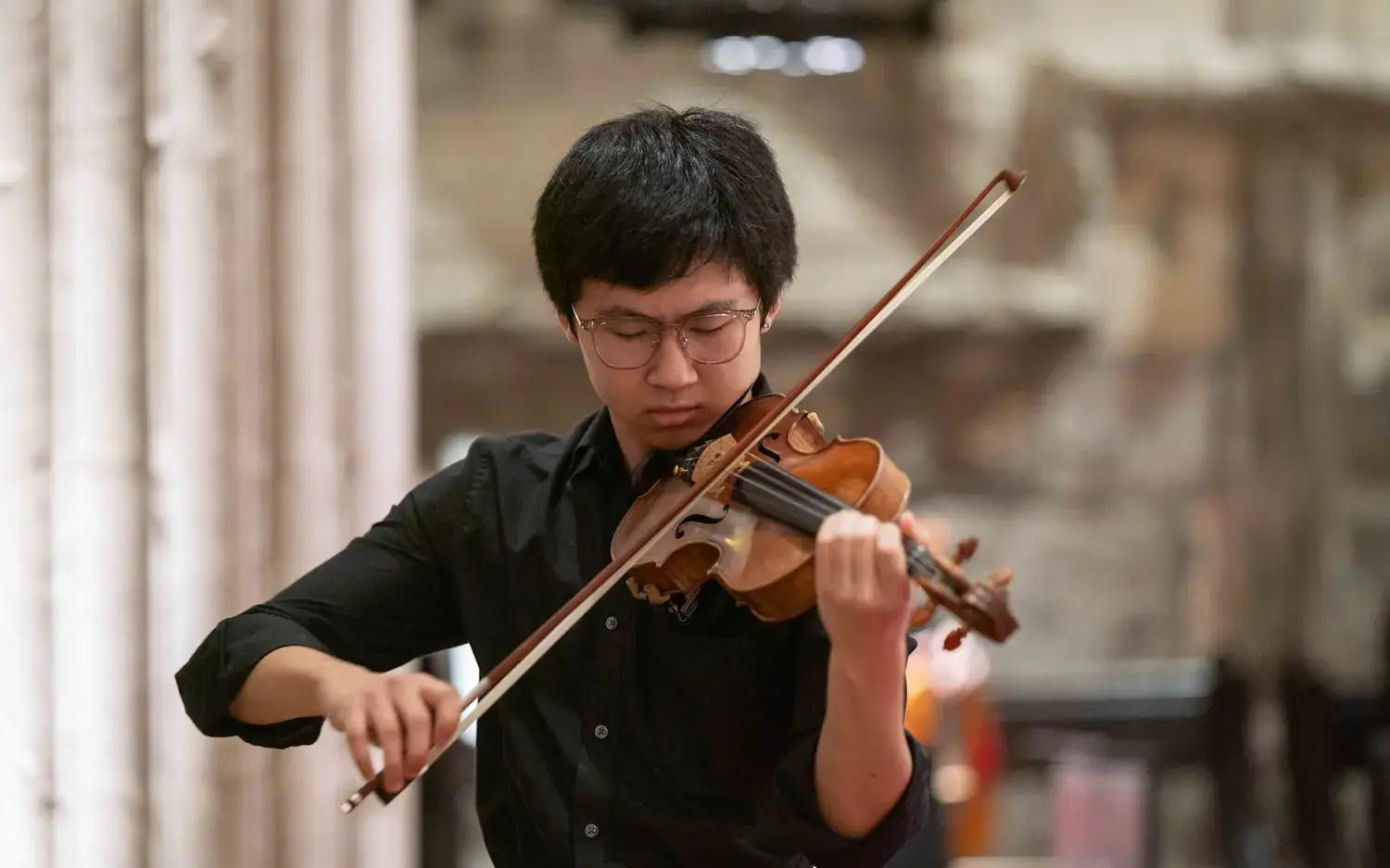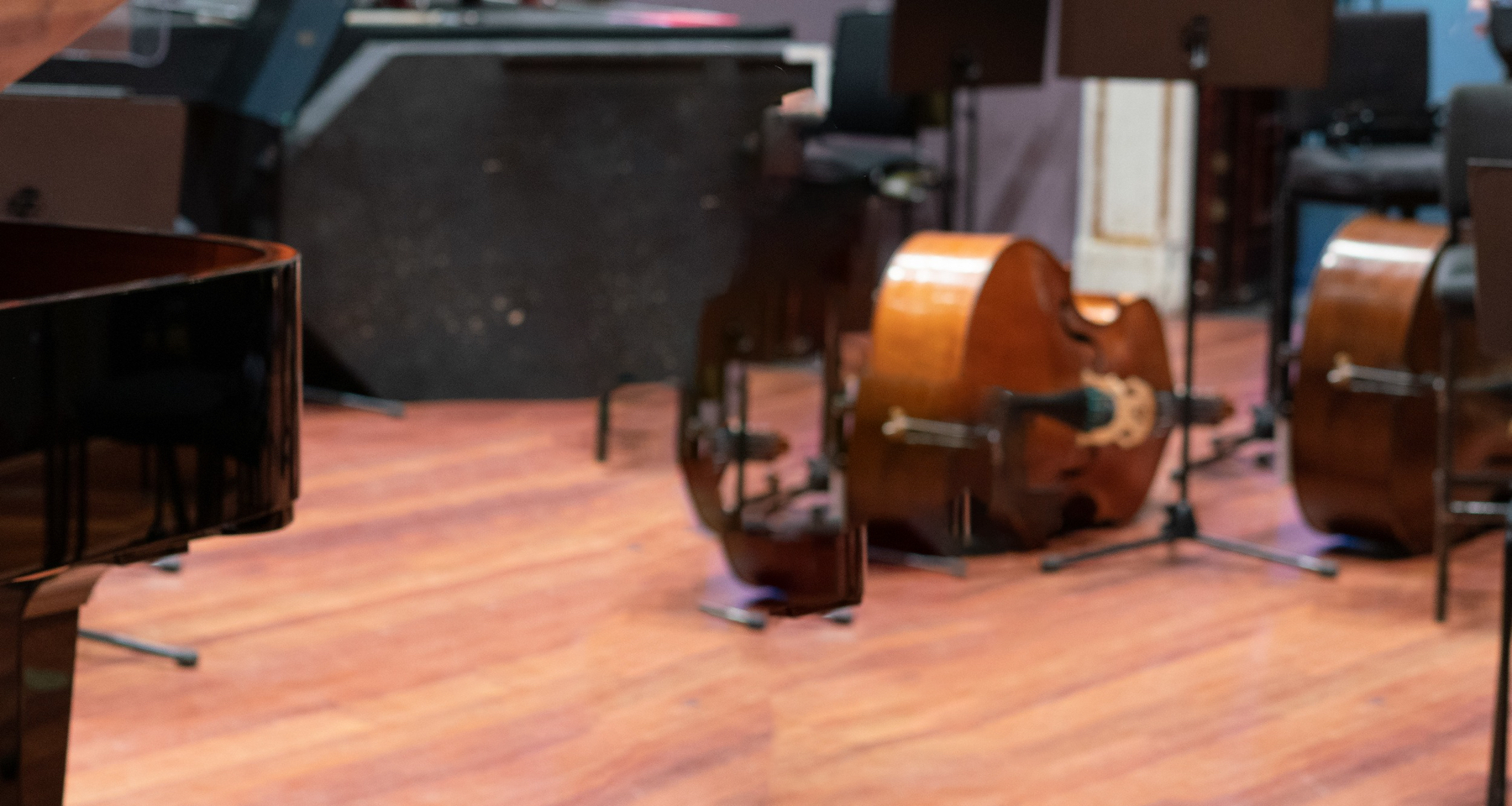News
St Mary's Music School news highlights.
-
St Mary's Music School comes up top of the league table
St Mary’s Music School is once again the Top Scottish Secondary School for Academic Performance in Sunday Time League Table
-
Latest News
The latest news from St Mary’s Music School as we count down to this year’s Christmas Concert.
-
Summer School Applications now Open
Applications are now open for the St Mary’s Music School Vocal and Piano Summer Schools 2026, two inspiring residential programmes designed for talented young musicians who are ready to take the next step in their musical journey.
-
A year of growth and achievement
Welcoming new pupils and staff, reflecting on the past year, and looking ahead to the 2025–26 highlights
-
SQA results 2025
We are delighted to announce another outstanding set of SQA exam results for our pupils this year.
-
International Violinist Jack Liebeck to Work with Pupils at St Mary’s Music School
Émile Sauret Professor of Violin at the Royal Academy of Music to guide pupils at key stage in their development.
-
HMI and Care Inspectorate Report
Positive Findings in HMI and Care Inspectorate Report
-
2025 Edinburgh Music Competition Festival Concerto Class won by St Mary’s Music School Pupil
S6 pupil awarded Audrey Innes Trophy
-
St Mary's Music School Composition Premiere
St Mary’s Music School Pupil to Premiere Orchestral Composition with Glasgow Chamber Orchestra
-
Conservatoire Pathway
St Mary’s Music School’s Conservatoire Pathway is designed to support young musicians aged 16 and over in preparing for conservatoire auditions in the UK.
-
Open Days and Taster Days March 2025
Whether you would like to learn more about our Chorister programme, or are interested in our instrumental and vocal departments, join us for our fun filled taster days coming up in February and March.
-
St Mary’s Music School Named Scottish Independent Secondary School of the Year for Academic Excellence in Scotland
St Mary’s Music School has been recognised as Scottish Independent Secondary School of the Year for Academic Excellence (Highers/ Adv Highers/ National 5) by the Sunday Times Parent Power Guide 2025 for the third year in a row.
